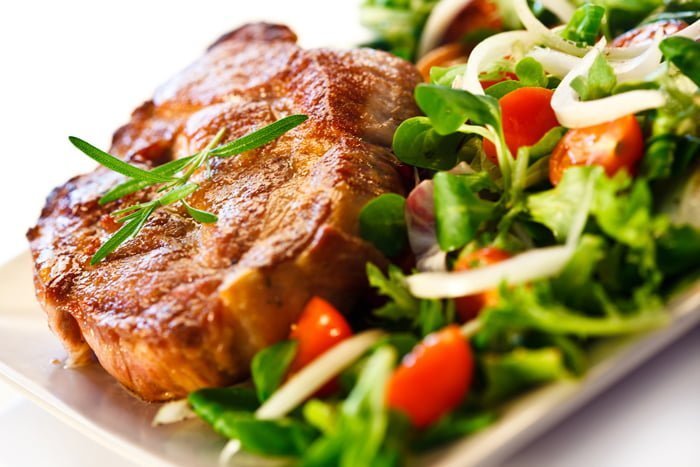Buying specialist Lynx Purchasing is opening the book on its decades of negotiating experience with the launch of a new insight guide – The Seven Habits of Highly Effective Purchasing Teams.
As hospitality and catering businesses gear up to tackle the twin challenges of continuing inflation and subdued consumer spending during 2018, the White Paper-style guide is free for operators to download from the Lynx Purchasing website.
The guide details seven proven ways that operators can make simple improvements to their purchasing, to generate substantial savings that can mean the difference between staying profitable or going under in a challenging market.
Rachel Dobson, managing director of Lynx Purchasing, said, “Between us, the Lynx team has decades of buying experience on both sides of the fence – most of us had operational roles before moving into purchasing.
“We’ve seen our Seven Habits work in practice many times. However, there are plenty of chefs and GMs out there who haven’t experienced a market as tough as this in their career so far, so we’ve brought the information together in a simple-to-use guide.”
The Seven Habits of Highly Effective Purchasing Teams identified by Lynx are:
1. Beware The Sacred Cows: When it comes to purchasing, no product, ingredient, service or supplier should be sacred. Compare prices and look around for other options.
2. Keep It Strictly Business: Strong relationships with suppliers doesn’t mean getting too close and cosy. Compare prices and know which other suppliers are out there.
3. The Devil’s In The Detail: Have systems in place to make sure you are getting exactly what you pay for as well as buying what’s best for the business, such as checking price lists against invoices, and checking and weighing deliveries.
4. All Budgets Are Equal: Necessities – from cleaning products to pest control, lighting and office stationery – often escape buying scrutiny. Making a change could be an easy win with no customer impact.
5. Provenance Isn’t Always King: Local is a great story for the menu but businesses can lose sight of true costs – and the real value – of buying from local suppliers.
6. Test Traditions: Just like habits, there are good traditions and bad ones – “this is the way it’s done because we have always done it this way” isn’t a good enough reason in itself.
7. Always Review Renewals: It’s easy to let contracts roll over, especially if you are happy with the service. Never automatically renew a contract; call for competitive quotes on everything from utilities to waste management.
The insight guide focuses on each Habit in detail, and illustrates them with real examples of savings generated by Lynx Purchasing customers. These include a boutique hotel that saved £6,000 annually simply by switching the brand of chocolate used in the kitchen, and an independent restaurant that cut its annual food bill by 14% by using different suppliers for fresh and commodity items.
Dobson adds, “The Seven Habits of Highly Effective Purchasing Teams guide is a wake-up call for operators to review costs and take purchasing more seriously. It’s also an opportunity to get rid of bad purchasing habits and replace them with good ones – the kind that will maintain margins, or even increase them, however the economy is impacting on the business. Something as simple as specifying exactly how steaks are trimmed can save a substantial sum across the year.”
A copy of The Seven Habits of Highly Effective Purchasing Teams can be downloaded FREE from the Lynx Purchasing website at www.lynxpurchasing.co.uk.
Lynx Purchasing works with more than 2,000 hospitality and catering operators to match them with the best suppliers and get the best possible prices on food and drink, as well as a whole range of essential products and services. Lynx’s buying experts help operators buy better and save time and money, year after year.
For more information on Lynx Purchasing, visit www.lynxpurchasing.co.uk email savings@lynxpurchasing.co.uk or call 01325 377 845.
